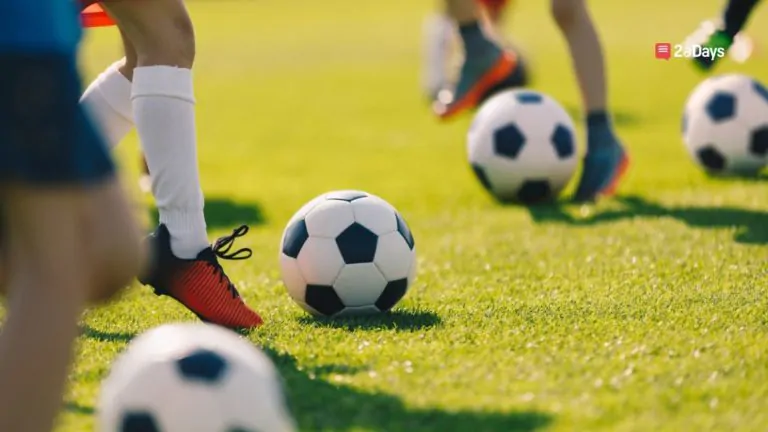Navigating your way through college can be a little tricky…especially as a college athlete. You might question right and wrong or second guess everything you once knew when you get to the next level.
College athletics can be a little scary but take it from someone who has been in your position: as you grow and become the best version of yourself, it will get easier to navigate your life as a college athlete. Everyone starts somewhere, so to ease the stress you may have as a newbie on the block, here are five tips to kick off your journey as a collegiate athlete.
On-Time is Late and Early is on Time
Have you ever heard of the saying, better to overpack than to under pack? Well, the same goes for time. When you are an athlete, time is definitely of the essence. It is better to prepare for any inconvenience like traffic, forgotten cleats, or even a broken elevator than to under plan and be late.
This means that if a coach were to say practice starts at 8:00 am, it's best to be at practice by 7:45 (or even 7:40) to allow some leeway. This gives you enough time to put on your gear, stretch, warm up, and get in the mindset for practice. At the beginning of the season, most coaches will tell you that being late is unacceptable and might scare you with a consequence. Know that this is 100% truthful, and make sure that you and your teammates manage your time.
Going in as a freshman with the mindset that on time is late and early is on time will help you in college and in your personal life. Being on time to practice will show your teammates and coaches your dedication to the squad and yourself.
Related: 4 Tips to Help Athletes Prepare for Preseason Soccer | 2aDays
Training Facilities Are Like a Second Home
When playing at the next level, keeping your body healthy should be your number one priority. This means not only properly hydrating and eating the right nutrients but treating any major or minor injuries that come your way. Your athletic trainers are ultimately there to help you continue to perform at your best. They should be available before, during, and after practice so if you feel any slight pain or discomfort, it's best to go to your trainers to decrease the chances of it getting worse.
Mistakes Help You Grow
When athletes are put in a highly competitive environment where it is required for you to always bring your A game, mistakes are inevitable. So, the best way to adapt to a new environment is to fully accept that any mistake you make will help you grow as an athlete and person. This growth can be in your physical abilities to recover quickly or your mentality in how your mindset adapts to obstacles. Either way, mistakes come with the territory of being an athlete. As long as you shake them off and get your head back in the game, a mistake has no hold on you.
Related: Monday Motivation: Confidence is a Mindset | 2aDays
Create a Mindfulness Routine
As a college athlete, it's essential to prepare yourself mentally, emotionally, and physically. Coming into a new atmosphere where you don't know what to expect, it is common for college sports to take a toll on not only your body but your mind. So, having some tricks up your sleeve to channel your emotions and mentality could help put your mind at ease.
To create a mindfulness routine, think of something uplifting to get you through stressful times. This can be anything from poetry, a song, a quote, or a word that produces resilience. Then in times of discomfort, anxiety, or nervousness, recite those words to give you an extra boost of courage or comfort. Being a collegiate athlete pushes you to be mentally and physically strong. What better way to show strength than to know how your emotions work and learn how to use those emotions to make you a more outstanding athlete? To give you some guidance, you can find some fun mindfulness exercises on Spotify.
Train, Sleep, & Repeat
Since college practices tend to be more intense than high school or club sports, the best tip is to train, sleep, and repeat. Sleep will be your greatest resource during the season–it allows your body and mind to recover from intense training and busy schedules. If you don't have time for a nap, do as little to exert your body after hours and take those extra steps to replenish. This can be going to bed early, taking 10-minute naps when feeling sluggish, or quietly putting your earphones in to listen to music. Whatever you choose should benefit your well-being.
Have an idea for a story or a question you need answered? Want to set up an interview with us? Email us at [email protected]
* Originally published on September 8, 2022, by Daesha Harper






